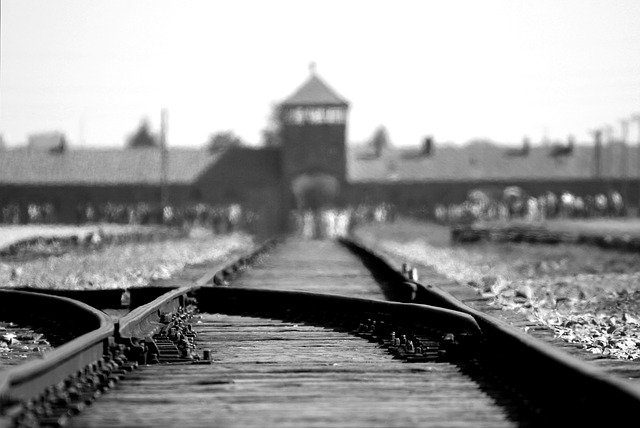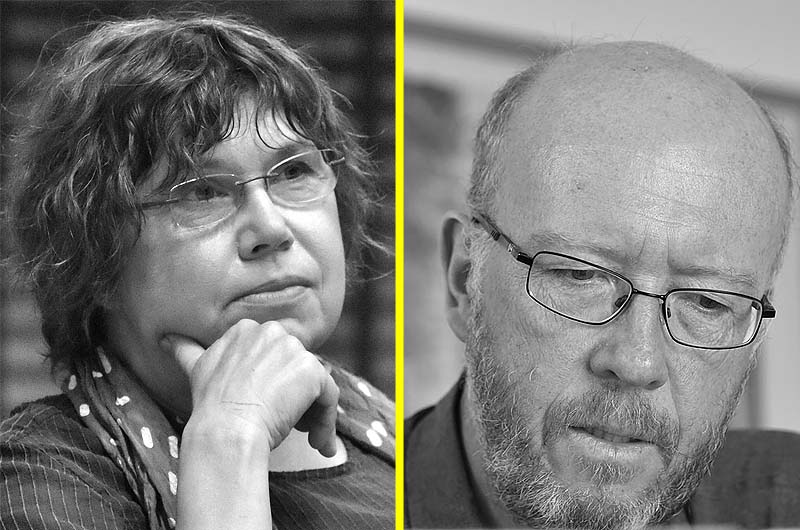Professors Engelking and Grabowski case: victory in the Warsaw Court of Appeal
On August 16, 2021, the Court of Appeal in Warsaw issued a verdict in the internationally famous case of Professor Jan Grabowski and Professor Barbara Engelking ‒ world-known researchers of the Holocaust. Prof. Grabowski and Prof. Engelking were sued in 2019 for their academic publication, “Dalej jest noc. Losy Żydów w wybranych powiatach okupowanej Polski” (“Beyond Is the Night ‒ the Fate of Jews in Selected Local Government Districts in Occupied Poland”), published in 2018 by the Centre for Holocaust Research of the Polish Academy of Sciences. Thid case proved to be one of the most broadly discussed court cases in the last decades, with official statements being issued by the Yad Vashem, World Jewish Congress and numerous academic institutions, and with media coverage, including the New York Times, the Guardian, Haaretz and the Financial Times.
In her lawsuit against Polish scholars, Mrs. Filomena Leszczyńska claimed that her late uncle (Edward Malinowski ‒ the mayor of the village of Malinowo in the Bielsk Podlaski district during WWII) was described in their book in a negative and false way. She claimed that this portrayal constituted a violation of her personal rights. Prof. Engelking and Prof. Grabowski claimed they were acting fully within the limits of academic freedom and respected all rules of proper academic research. In their response to the lawsuit, they presented evidence – a recording – with an extensive interview given by Estera Drogicka, archived as part of the Visual History Archive Shoah Foundation. In this recording, Drogicka speaks about the plaintiff’s uncle – Edward Malinowski – stating that he participated in denouncing the Jews who were hiding in the forest, to the Germans. In Dalej jest noc, Prof. Grabowski and Prof. Engelking refer to this testimony.
The judgment in the first instance, issued by the Warsaw Regional Court on February 9, 2021, ordered the scholars to apologize for the statements and was internationally received and commented on as violating academic freedom of the scholars and unprecedented interference in historical debates over the Holocaust.
In turn, the Court of Appeal dismissed all claims by the plaintiff and shared the defendants’ arguments. It stressed the importance of academic freedom in the context of difficult scholarly discussions about the past. IJL co-sponsored the case from its inception, including the submission of the Amicus Curiae Brief to the Warsaw Court of Appeal.
Update (December 24, 2021)
We were informed that the Prosecutor General’s Office asked the Court of Appeal for all files of the Engelking Grabowski case. In practice, this means that they are considering filing an “extraordinary complaint” to the Supreme Court’s Extraordinary Control Chamber (that has been declared illegal by the EU Court of Justice but still operates in violation of the law (It consists of the government’s nominees)).
This is all the more shocking, as the Plaintiff in the case, Mrs. Filomena Leszczyńska, died some months ago. Still, they are able to proceed.
Until we are informed officially that the Prosecutor General filed such an extraordinary complaint, we cannot confirm their intentions: we will try to file a motion for access to files in the Prosecutor General’s Office, although in 99% of such requests, access is denied.




